The Minister of Local Government And Public Works has signed a flash appeal to mitigate the effects of the 2023/2024 El Nino-induced drought.
The Urban Livelihood Assessment was completed, approved by Cabinet, and disseminated with 35% of the urban population being food insecure. Due to the El–Nino–induced drought, the government has revealed that about 9 million people require food assistance until March 2025.
UN Resident and Humanitarian Coordinator in Zimbabwe E. M. Kallon said, “The UN is committed to supporting the government to build resilience and implement climate-resilient development initiatives”.
In response to the drought, the government has prioritized intervention strategies such as school feeding programs, assistance for labor-constrained households, food and cash for assets, and Promotion of livelihood projects such as Community Fisheries Schemes; Village Business Units, School Business Units, Youth Business Units and Irrigation Scheme Business Unit, Promotion of agriculture mechanization for medium and large scale farmers and to promote conservation agriculture; and promotion of Water, Sanitation, and Hygiene (WASH) interventions.
The government and its partners are set to receive an amount of US$31,896,784. The partners are the World Food Program and the Start Network. Crop production has been negatively affected by 40% of maize and 60% as a write-off.
Between June and October, the livestock sector is seriously affected due to a water shortage and a lack of pastures. This flash appeal requires US$429,3 million for humanitarian partners to assist nearly 3.1 million people.
Hon D. Garwe said, “The government and UN are committed to strengthening their partnership for the effective and efficient delivery of humanitarian assistance under the promise to leave no one and no place behind”.

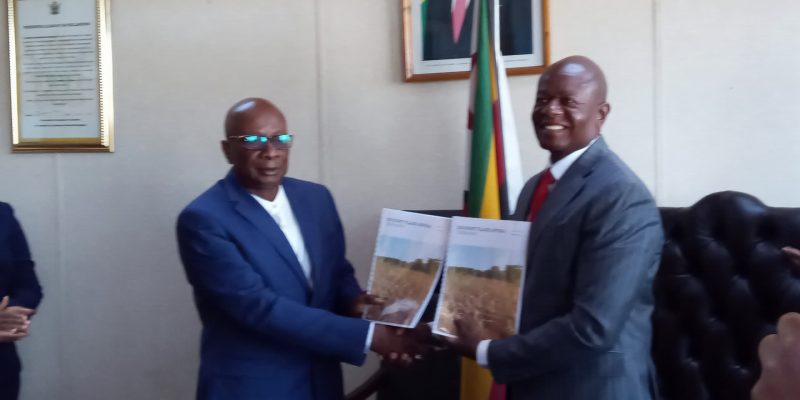
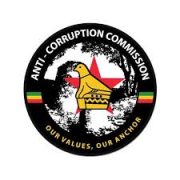
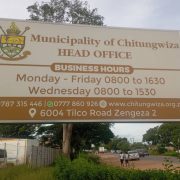
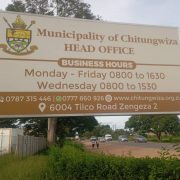
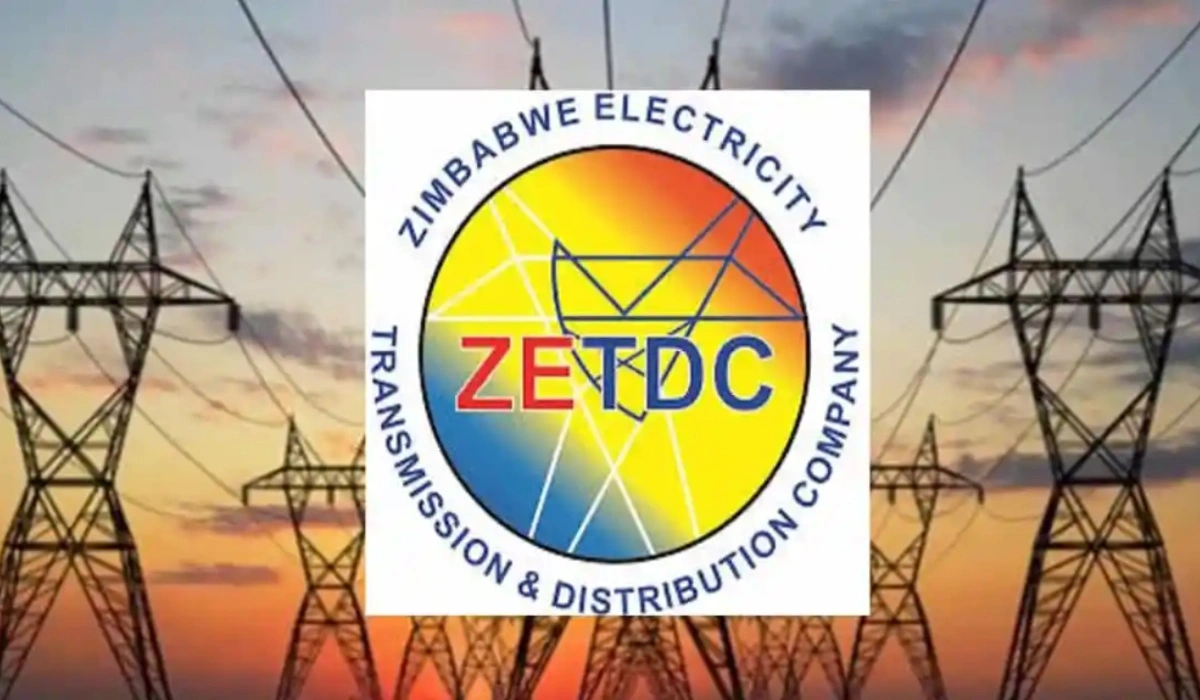



Comments